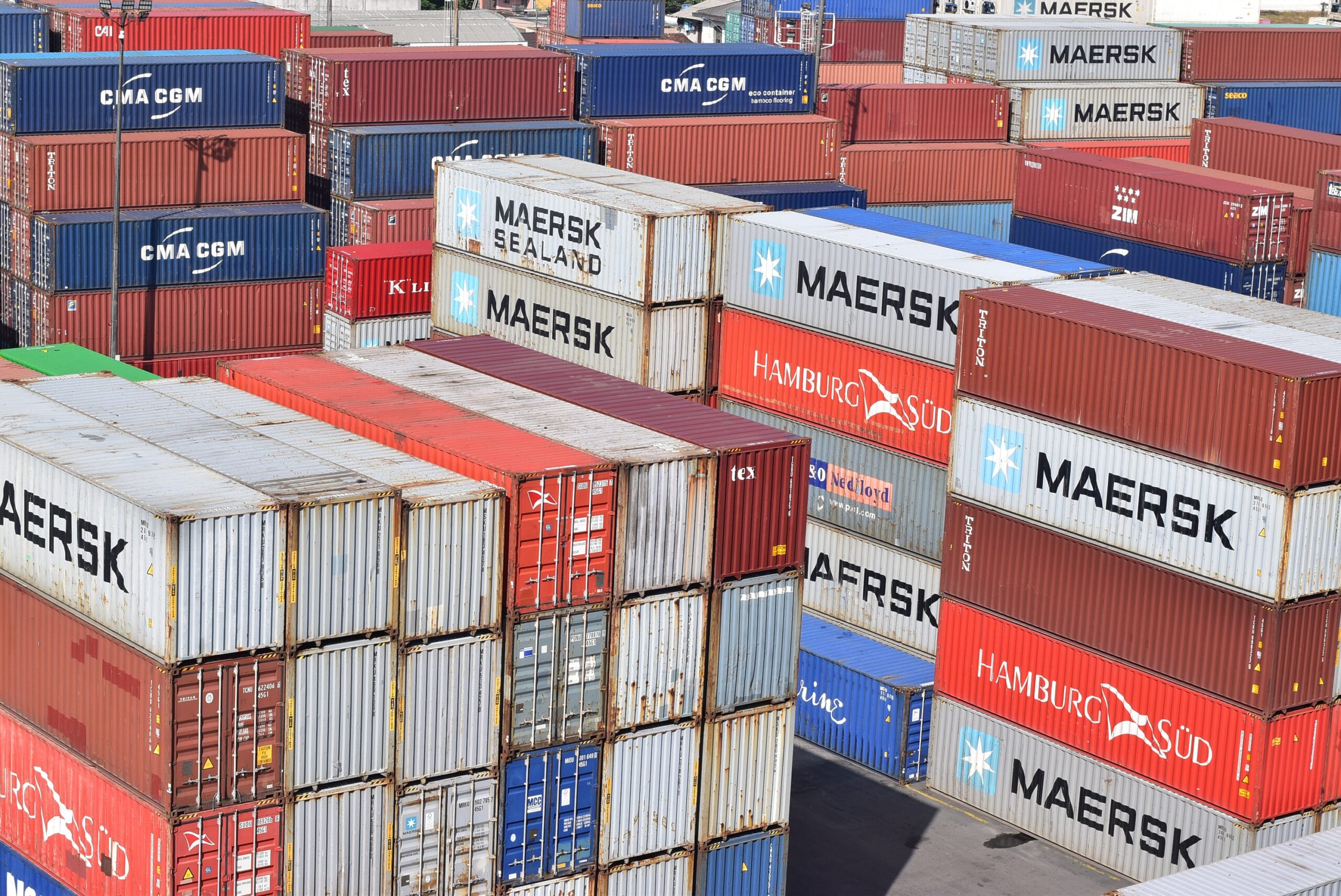What will it take to bridge the supply chain talent gap?
Scroll to find out more
Scroll to find out more

For all of the focus on infrastructure, data and technology that keeps the world’s goods moving, supply chains are still at their heart a human-led industry.
This was painfully clear during the global pandemic where lockdown protocols slashed the number of people available to work in ports and warehouses worldwide, snarling up vessels worldwide in a mesh of delays. We also saw the long tail of this period last year when striking workers pushed hard for their crucial work at this time to be recognised.
Today, supply chains are facing a serious challenge when it comes to hiring. Recent reports found that more than three-quarters of employers seeking to hire into the supply chain and logistics sector this year are expecting a shortfall of applicants. Part of this challenge is the limited hiring pool based on the incumbent workforce, with 89% of those working in this field identifying as white and 83% male.
As a leader in the UK’s preeminent logistics skills organisations, Bethany Windsor, Interim Director of Stakeholder Engagement and Relationship Management at CILT (UK), has had a front row seat to this industry evolution. We sat down with her on our podcast “Freight to the Point” to understand the challenge of inspiring and nurturing the next generation of supply chain leaders and learn how businesses can future-proof their talent pipeline.
“I think in terms of the kinds of people that we need, we are now looking in many cases for a different kind of person – a different skillset to what we would’ve been looking for previously,” says Bethany.
The supply chain landscape has evolved rapidly in the last decade, especially in the wake of global adversities like the COVID-19 pandemic and industrial actions across European ports driven by low pay and long hours. In addition, the expanding integration of technology into the sector has has a major effect on the type of people needed to keep goods moving.
“People want data analysts, people want project managers, and those that are savvy with tech”, says Bethany. In practice, this puts the logistics industry in competition with every other sector that leverages these skills – which today is nearly all of them.
At a time when the industry is crying out for new talent, it’s imperative to remove as many roadblocks as possible, even if that means changing how things are done. “We’re still looking for three to five years experience in logistics for roles that don’t need three to five years experience in logistics.” says Bethany
The industry contains a wide variety of logistics specific roles, including operational roles, warehousing, transport, property and infrastructure, but there’s also a significant amount of overlap with other sectors.
“We really need to think about how to make ourselves as open as possible to those with transferable skills, those trying to get back into the workplace, those that are underrepresented in logistics.” says Bethany.
“We are not necessarily a sexy sector or we are not portrayed as a sexy sector. So we’ve got to really up our game, I think, in how we market ourselves,” Bethany explains.
The supply chain industry is a world full of possibilities and potential, but it’s also caught between its past and future. While the workforce is evolving away from physically managing boxes and trucks, the roles of the future are still being defined, partly due to the circular relationship between the talent available and the positions that arise.
“We don’t want to sell drone technology and driverless trucks and then we get people coming in and saying, ‘Okay, great, where are they? I’d like to use them and work with them.’” says Bethany. “We have to show logistics off as being the well-paid, fast-paced, future-forward sector that it is, or we don’t stand a chance of getting those skills and then that holds us back.
The supply chain industry is full of potential – the challenge for now is to show the range of opportunities for new joiners, including:
As every industry is finding, new generations have changing expectations over what they want from their career – supply chain roles have the chance to offer a sustainable path forward, but this requires a degree of adaptation to the needs of young learners.
“We need to think about sensible performance management, reverse mentoring. It’s being able to be in touch with people who make a difference in the business and feeling like you’re contributing to that. It’s those open channels of communication.” explains Bethany.
This applies to graduate schemes as well as apprenticeships that can provide a way into the role for a wider range of joiners. For those already in and looking to upskill, educational pathways can play a key role in expanding the potential paths for those looking to develop beyond traditional supply chain roles.